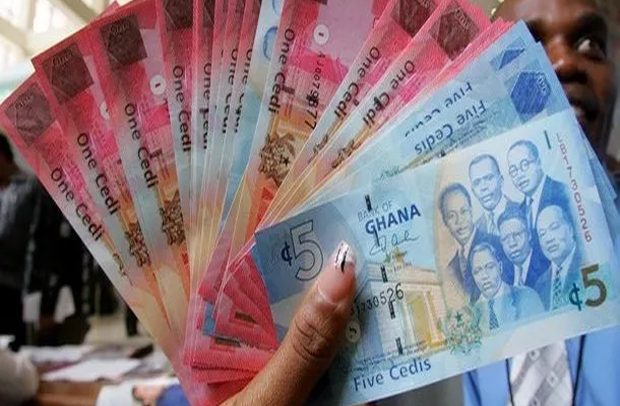The local currency
THE LOCAL currency lost further ground against the dollar this week, trading at 8.27—a new record low—from 8.13 at last week’s close.
That came after the Bank of Ghana, this week, held rates at 19%, ending the nine months of consecutive tightening amid concerns of slower growth and worsening economic conditions.
Finance Minister Ken Ofori-Atta, speaking in Parliament during the mid-year budget review, spelt out plans to reduce spending targets and narrow the budget deficit.
Meantime, Ghana’s Export-Import Bank and USAID committed US$35m to help maintain the country’s status as Africa’s top yam exporter. According to AZA Finance, “Given the ongoing global supply chain disruptions and inflationary pressures, we expect to see the cedi depreciate further in the short term.”
Nigeria’s Naira also depreciated sharply this week to a fresh record low, tumbling 6% to 668 from 630 at last week’s close amid severe dollar demand pressures on the unofficial market.
That steep fall was exacerbated by more Nigerians buying cryptocurrencies, president of the Association of Bureau de Change Operators of Nigeria told Bloomberg.
Nigeria’s National Labour Congress announced plans for a three-day strike to follow this week’s two-day nationwide protest as the country’s public universities remain closed.
“We expect the Naira to continue its precarious slide as panic buying and Naira drops 6% in week to all-time low already elevated demand intensify pressure on the currency,” AZA Finance said.
The International Monetary Fund (IMF) has indicated it expects global growth to slow to 3.2% this year as the disruption to food and fuel supplies, caused by Russia’s war in Ukraine, weighs on the economic outlook around the world.
“Low-income countries whose people were already experiencing acute malnutrition and excess mortality before the war, especially in sub-Saharan Africa, have suffered a particularly severe impact,” the IMF wrote in its World Economic Outlook report this week.
Even so, while revising its global growth forecast lower, the IMF said the outlook for countries in sub-Saharan Africa on average remain unchanged or positive, “reflecting the effects of elevated fossil fuel and metal prices for some commodity-exporting countries.”

